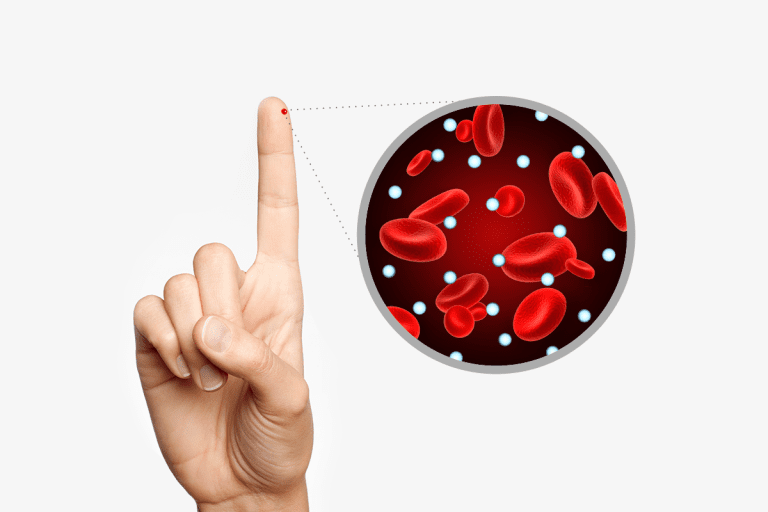A growing health crisis that is affecting many people around the world is insulin resistance. Insulin is a hormone that helps regulate blood sugar levels. An insulin resistance issue occurs when the body’s cells become less responsive to insulin, which makes it harder for glucose (sugar) to enter the cells for energy.
When this occurs, sugar builds up in the bloodstream, causing high blood sugar levels. When your body develops insulin resistance, you are at risk of developing serious health conditions such as prediabetes, type 2 diabetes, heart disease, and obesity. Other contributors to insulin resistance are genetics, poor diet, lack of exercise, stress, and inadequate sleep.
However, insulin resistance can not only be managed; it can also be reversed if you make certain lifestyle changes. Today, we are exploring some small but powerful adjustments that you can make to your life to help your body use insulin more efficiently.
1. Eat More Plants
Having a diet that contains lots of plant-based foods is one of the most effective ways to improve insulin sensitivity. Adding whole, fibre-packed plants to your diet is beneficial in controlling your blood sugar. Research recommends consuming beans, lentils, whole grains, leafy greens, vibrant vegetables, and nuts. Research has indicated that these plant-based foods are beneficial in providing a combination of fibre, antioxidants, and anti-inflammatory compounds that support insulin function.
A diet rich in fibre allows carbohydrates to digest slowly, helping to prevent spikes in blood sugar. Consuming fibre-rich foods also helps in controlling your cholesterol levels.
2. Reduce Saturated Fat Intake
Saturated fat is another major contributor to insulin resistance because it breaks down into fatty acids that accumulate in the liver and muscle cells. Following this, the cell walls may harden, making it challenging for insulin to effectively deliver glucose into cells and leading to high blood sugar levels. Therefore, reducing your intake of saturated fat can help with managing your insulin sensitivity. Saturated fat is commonly found in red meats, full-fat dairy products, butter, fried foods, and processed snacks.
It is best to reduce your intake of saturated fats to less than 10% of your daily calories, according to research. You can also opt for foods that have unsaturated fat, including avocados, nuts, seeds, and fatty fish. Alternatives such as lean meats, plant-based oils (like olive oil), and low-fat dairy are also healthy options.
3. Move Your Body Daily
When building insulin resistance, physical activity is an effective solution. Exercise is beneficial in several ways when it comes to insulin resistance. When you exercise, your muscles absorb glucose from the bloodstream, even without the help of insulin. Exercising regularly also makes muscle cells more sensitive to insulin, helping to lower blood sugar levels over time. Through exercise, you will develop lean muscle mass, and this improves your insulin sensitivity.
It is recommended to dedicate at least 150 minutes per week to aerobic activities such as brisk walking, swimming, or cycling. Research also shows that it is beneficial to add two days of resistance training.
4. Prioritise Quality Sleep
Sleep plays a significant role in maintaining healthy blood sugar levels and reducing insulin resistance. Studies have indicated poor sleep quality and inadequate sleep are closely linked to insulin resistance. According to research, your insulin resistance can worsen if you are sleep-deprived because sleep deprivation leads to elevated blood sugar levels.
It is recommended to have at least seven hours of sleep per night, which is sufficient time to allow your body to regulate blood sugar. For those who are getting less than seven hours of sleep, they can implement a 15-minute strategy in which they go to bed 15 minutes earlier each night until their sleep schedule is at seven hours.
5. Consider Weight Loss
Being overweight or obese is another contributor to insulin resistance. When you lose weight, even by small amounts, your insulin sensitivity will improve, and you reduce the risk of developing stage 2 diabetes. According to research, you can lower the risk of diabetes by up to 58% when you lose 5-7% of your body weight.
While weight loss can be challenging, it is not impossible, as it only takes consistency. You can opt for a manageable workout routine, set small goals, and work with a registered dietitian or healthcare provider.

